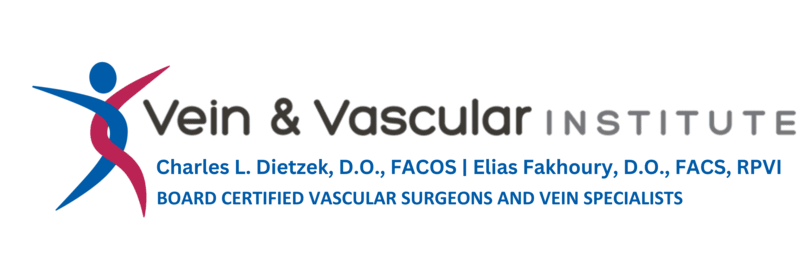Table of Contents
ToggleTips for Varicose Vein Care in the Winter
The winter months: They can be as much of a convenience as they are an albatross when it comes to managing discomfort associated with varicose veins. Convenient, as it’s more practical to hide them, yet an albatross as any discomfort can be amplified in cold weather. Here’s a closer look:
How the Winter Time Affects Varicose Veins
Like we noted in the opening, despite offering a more convenient time to cover varicose veins, the winter months can also make any existing veins more uncomfortable to live with. The colder weather can directly and indirectly influence this in a few notable ways, including:
- Air temperature change: Colder temperatures can constrict blood vessels, and this has a tendency to make the heart work harder. This can also place added stress on your veins, including varicose veins.
- Reduction in physical activity: To help manage vein disease, one of the best things you can do is ensure that you’re getting enough exercise. However, in the winter months, it’s common for many people to revert to a less active lifestyle as temperatures plummet and it’s harder to stay on the go.
- Weight gain: Whether it’s holiday treats or the aforementioned reduction in physical activity, added weight places additional stress on veins, which can increase the likelihood of problems.
Steps You Can Take to Ensure Your Comfort
Outside of seeking vein treatment, how exactly can you keep your veins healthy in the winter months? Here’s a look at some tips and suggestions:
- Exercise: To piggyback off the above section, one of the best ways to stave off a reduction in physical activity is to make time for exercise. If it’s too cold to walk or jog outside, consider joining a gym or fitness center. Purchasing a home treadmill or stationary bike can make a big difference too. Even just stretching a few times a day can help.
- Change your diet: Not only can a healthy, balanced diet help you manage your weight, but consuming high-fiber foods can also help aid your circulation. Additionally, make sure that you’re consuming plenty of water to stay hydrated.
- Other self-care tips: There are a few other things that you can do to manage varicose vein discomfort this summer. For instance, we suggest ensuring that you’re elevating your legs several times a day for at least 15 minutes at a time. Massaging your legs, notably your calves and ankles, can also help.
The other option for managing varicose vein discomfort is to undergo treatment and eliminate problems for good.
Treatments for Varicose Veins
If you want to go beyond just managing symptoms associated with varicose veins, the good news is that there are several procedures that can get the job done. Some of these effective procedures include:
- Sclerotherapy: This involves the injection of medicine into the veins. This medicine causes the veins to shrink and eventually disappear.
- Closurefast: Another minimally invasive procedure, Closurefast uses radio frequency energy to redirect blood flow to healthy veins. This helps to relieve symptoms.
- ClariVein: A newer type of procedure, ClariVein works to destroy the vein and treat any underlying causes that may have been contributing to issues in the first place.
- VenaSeal: This is another minimally invasive procedure which works to close off diseased veins and re-route blood flow to healthy ones.
- Polidocanol Injectable Foam: Polidocanol injectable foam involves injecting medication into the varicose vein to treat it.
Contact Us at Vein & Vascular
Learn more and meet our vein physicians in Vineland, Voorhees, Sewell and Lumberton, New Jersey, by contacting us to schedule a consult today.
